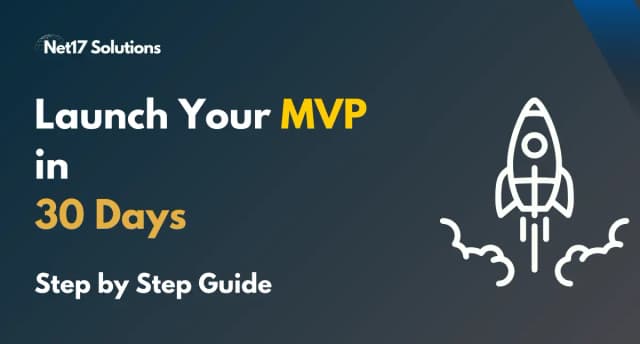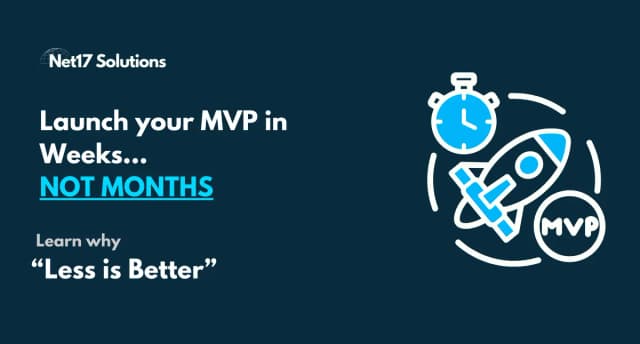How to Transition from a Junior to a Senior Flutter Developer in 2025
Inder Pal Singh
01 Dec 2024
Last Updated
01 Dec 2024

Quick Summary
We all start as beginners in our careers, but with time and experience, the goal is to level up to a senior role. With the right approach and mindset, you can transition from a junior to a senior Flutter developer in 2025. In this blog, we'll discuss the key steps and strategies to help you advance your career and become a proficient Flutter developer.

Summary
No matter where you are in your career, there's always room for growth and improvement. If you're a junior Flutter developer looking to level up your skills and advance your career, this blog is for you. We'll discuss the key steps and strategies to help you transition from a junior to a senior Flutter developer in 2025.
How to Become a Senior Flutter Developer in 5 Easy Steps
1. Learn Advanced Dart Concepts
As a junior Flutter developer, you're likely familiar with the basics of Dart programming. To transition to a senior role, you need to deepen your understanding of advanced Dart concepts. Focus on topics like generics, mixins, and higher-order functions. These concepts will help you write more efficient and maintainable code.
2. Play with Platform Channels
Flutter provides platform channels that allow you to interact with native code on Android and iOS. To become a senior Flutter developer, you should explore platform channels and learn how to integrate native code into your Flutter apps. This skill will surely enable you to build more complex and feature-rich applications.
3. Have a Strong Understanding of State Management
State management is a crucial aspect of building Flutter apps. As a senior developer, you should be well-versed in different state management solutions like Provider, Riverpod, and Bloc. Understand the pros and cons of each approach and choose the right one based on your app's requirements.
Also, You should have a good understanding of the inherited widget and how it works in Flutter.
4. Optimize App Performance
App Size: As a senior Flutter developer, you should know how to optimize your app's size. Use tools like Dart DevTools to analyze your app's size and identify areas for optimization.
Rendering Performance: Understand how Flutter renders widgets and optimize your app's performance by reducing unnecessary widget rebuilds. Use tools like the Flutter Performance Overlay to identify performance bottlenecks.
5. Contribute to the Flutter Community
To become a senior Flutter developer, you should actively contribute to the Flutter community. This could involve writing blog posts, creating open-source packages, or participating in Flutter meetups and conferences. By sharing your knowledge and expertise, you'll establish yourself as a leader in the Flutter community and gain recognition for your work.
Conclusion
Transitioning from a junior to a senior Flutter developer requires dedication, hard work, and a willingness to learn. By mastering advanced Dart concepts, exploring platform channels, understanding state management, optimizing app performance, and contributing to the Flutter community, you can advance your career and become a proficient Flutter developer in 2025.


